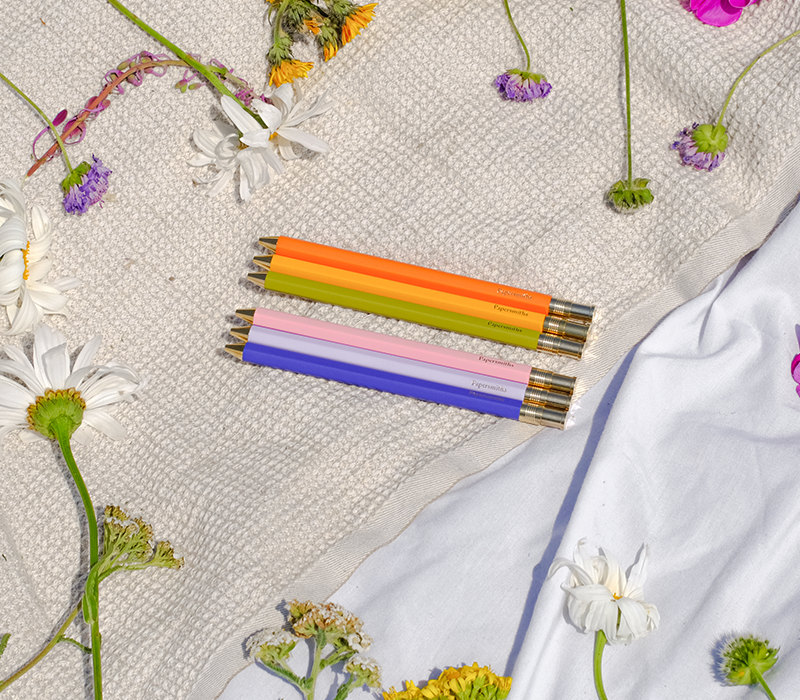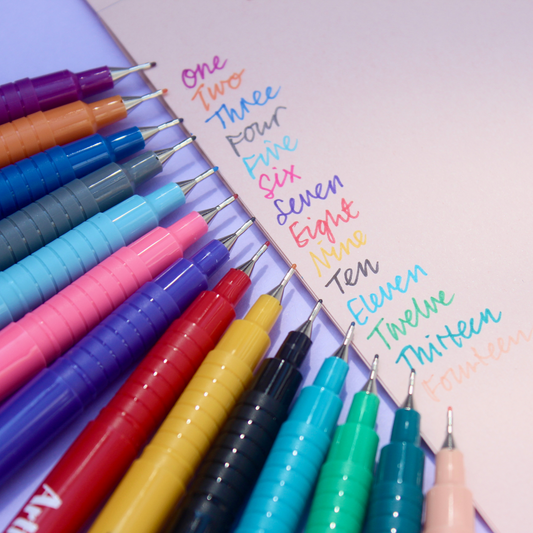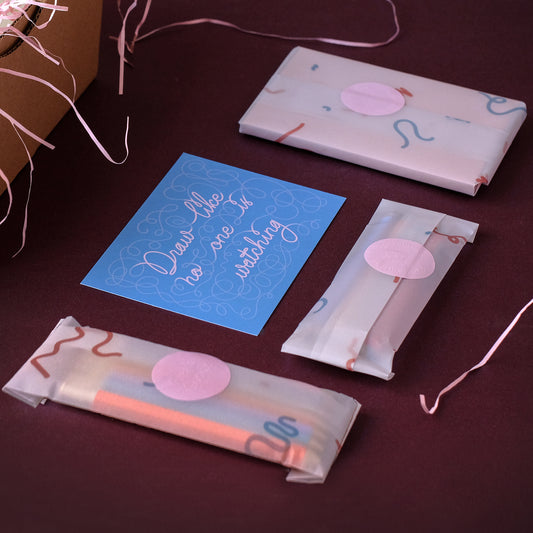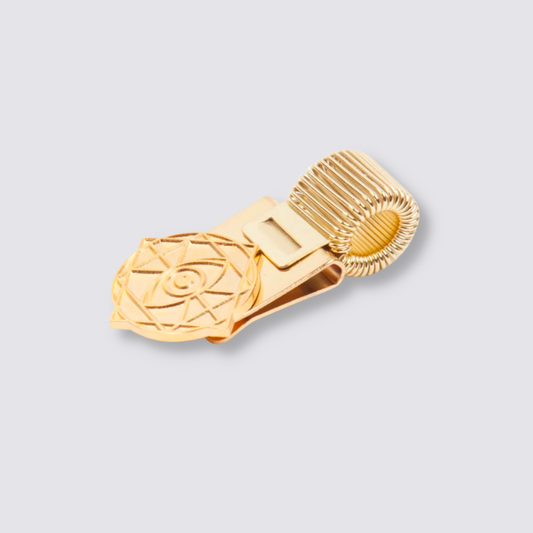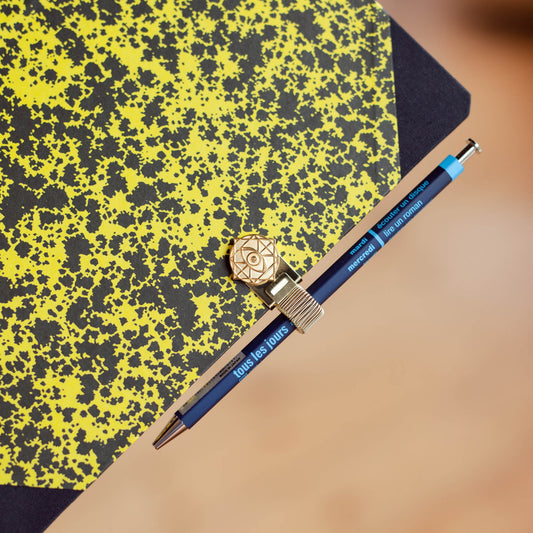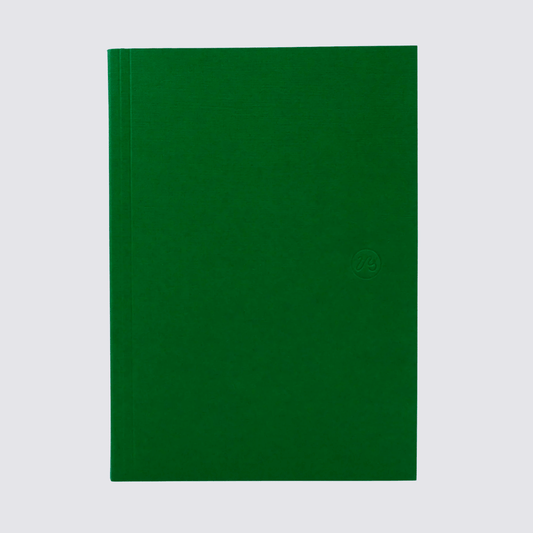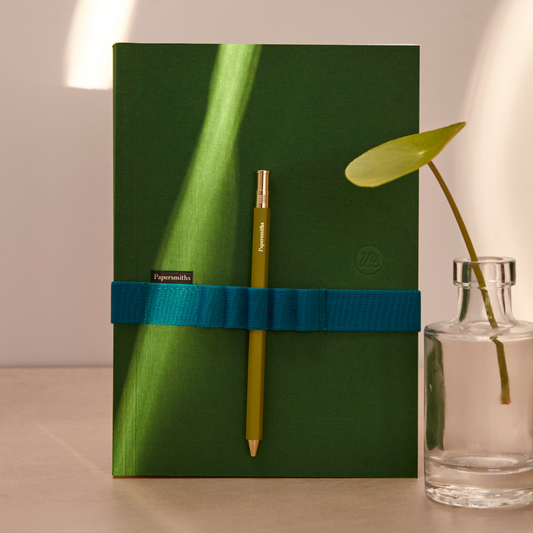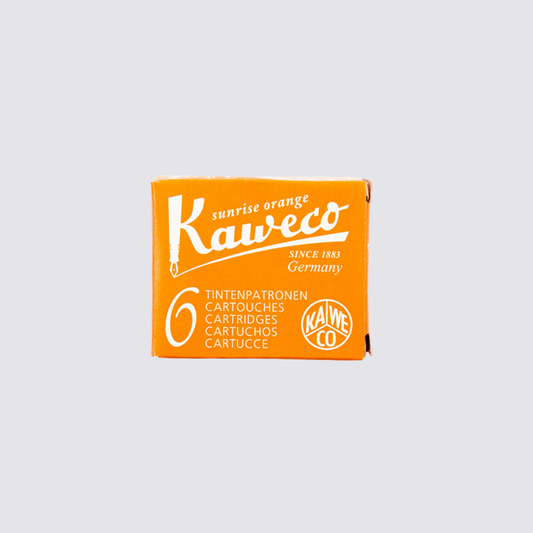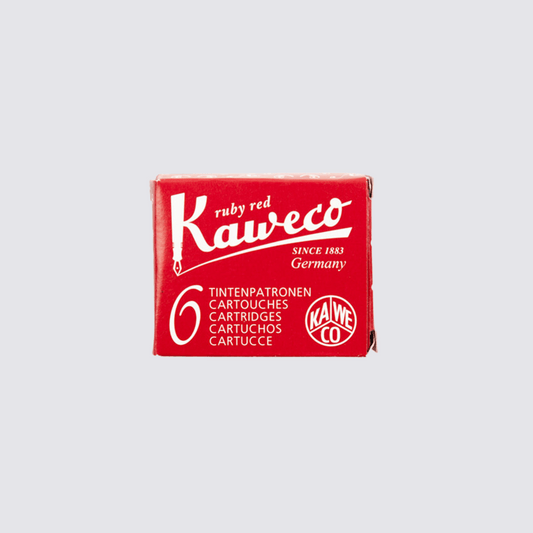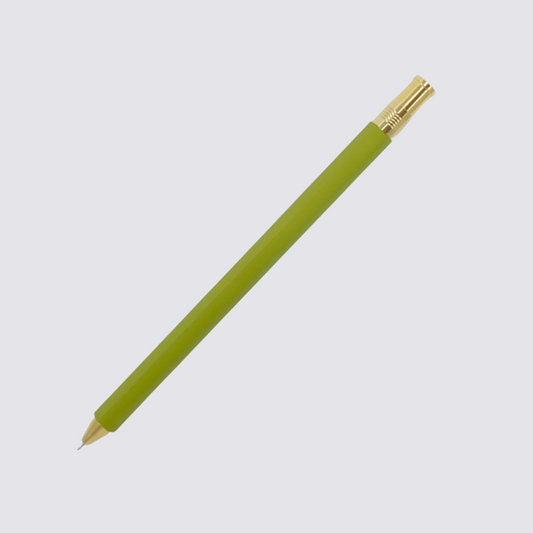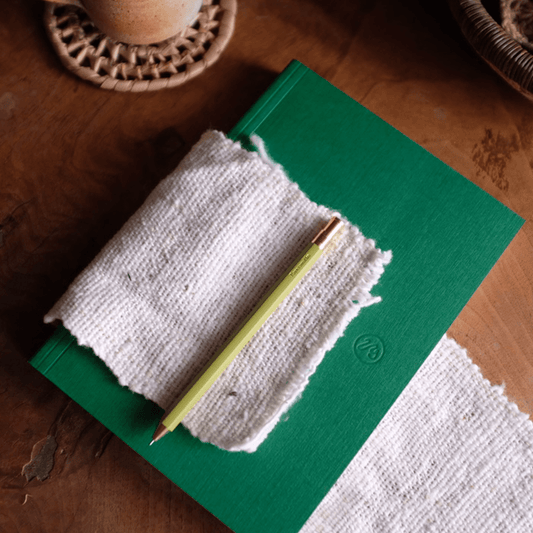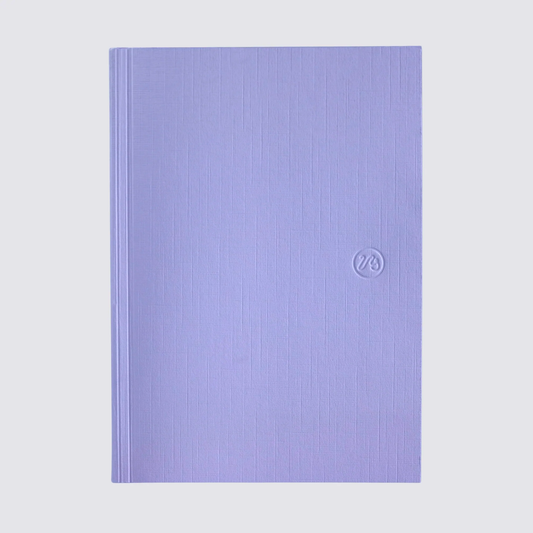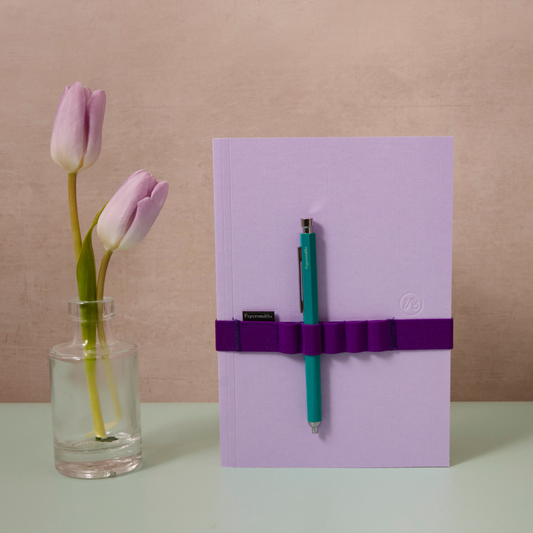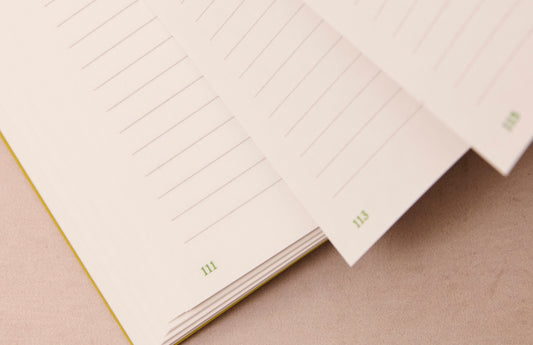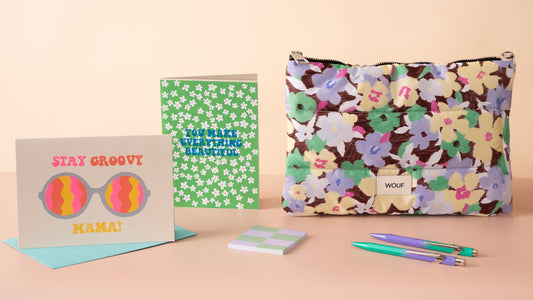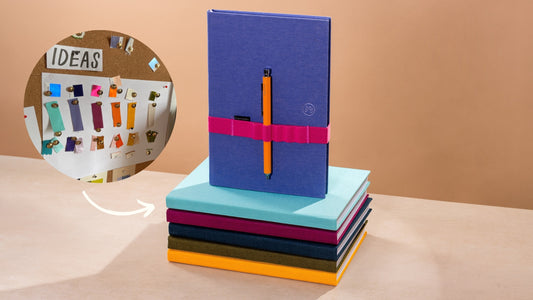Sarah Stein Lubrano is the eyes, ears and voice of The School of Life. As Head of Content for an organisation and brand with many branches - workshops, classes, digital resources, publishing and stationery, no day is the same for this busy lady.
With research, writing, designing and teaching on her daily schedule, we wondered if Sarah ever adhered to her own advice, what her approach to work was, and ultimately, how she takes time out.
So take fifteen, pour yourself a brew and pull up a chair.

Hello Sarah, can you introduce The School of Life to our readers? What is your role within the organisation?
As Head of Content I manage our day-to-day writing and design processes. Whatever needs doing, really, whether it’s retail products, classes, workshops, our app, client projects, digital learning or finding visiting speakers. I try to make sure the organisation as a whole follows a consistent tone of voice and point of view.
I've been at The School of Life for four years, ever since I wrote my first research essay about Adorno for our then secret-and-upcoming YouTube channel. I eventually moved to London to do this job full time (!) so it's become a big part of my life.
I also teach workshops, which is hugely rewarding. I love watching people think through ideas and apply them to their own lives.
How do your products intend to give us peace of mind about modern life? What can we learn about our relationships, our work and ourselves?
Modern life (particularly capitalism) doesn't give a lot of time for reflection - unless you create that time. Many of our products (like the timer, or our card packs with questions or prompts for calm) are meant to help facilitate reflection in everyday life so that we can make better decisions, feel more calm, and focus on what matters most to us. The physical presence of the objects serves as a reminder.

Tell us about your own tools. As a writer, researcher and designer, what are your everyday essentials? Does stationery play a part in your day-to-day organisation?
Lots of what I do is digital/computer based. I particularly can't get by without a digital calendar where I can block out and then move around big sections of time to plan out work. For creative work one needs to have a sense not just of what needs doing but how long it will take and how it relates to the amount of time you have available. Otherwise one can't be responsive to deadlines and stakeholders.
That said, when designing really complicated, crucial, structural things--digital course layout, class formats, etc--nothing beats 1) drawing things out on paper 2) moving post-its around to try different orders. Neuroscientists say our whole brain works differently when we use our hands in this way and anecdotally I have to agree. Same with sometimes writing by hand, which also requires a high level of intentionality. So when the most crucial and difficult tasks come up, paper stationery is really important!
How do you go about sourcing, designing and creating the content for the stationery and card games?
There's a monthly meeting to get things started - one that Alain runs with the product and graphic designer for our retail products. I don't usually attend this, actually - we try to split up tasks so that we don't duplicate efforts too much! (In many ways we're a bit smaller behind the scenes than we look...) But after this meeting, I'll help wherever I'm brought in, adding in needed content. And then our amazing retail team and visual designers do an immense amount of very creative and thoughtful work to get the product to have the right look and feel. We want people to keep the products near them, touch them, relate to them, so we care a lot that they look appealing and beautiful in addition to carrying the right words.
Do you ever take heed from The School of Life when you’ve a nagging dilemma or need a little reassurance? What are your favourites?
Yes, often. Two things I particularly like and remind myself of pretty much every week:
the idea that in romantic relationships one must focus on teaching and learning patiently: being willing to be taught by one's partner and being clear and calm when teaching them (whether it's your emotional needs or how to tidy the living room...)
and this:
that people are rarely mean or bad; instead they are usually frightened or hurt.
Have you had any particularly illuminating conversations this week? Why were they memorable?
Yes, I had a great conversation with an older friend on how important it is to pursue our own ends in life, instead of getting caught up in other people's schemes without realising it! This is tricky to do especially when people are very charming (saying no, especially to well-intentioned people who have interesting projects, is hard!). In any case I really felt like this friend helped me think through the problem and my tendency to get drawn into things.
It's wonderful in a conversation to have someone who helps you refine and improve your ideas, clarify the thing you've already been feeling and validate the parts of it you've understood. A "thinking partner", as we call it--this idea is explored in some of our workshops as well.
London is such a busy city, but do you have any go-to spots for reclaiming some calm?
Until last month I lived in Brockley, in southeast London. (Now I live more central because: commuting). Anyhow, I love running through the hilly parks there where you can look out over the city. I also love museums when they are quiet and reflective enough. If you go to the Tate (at least until recently) there is an exhibit by Janet Cardiff called "Forty Part Motet". It's a circle of speakers with each speaker plays back a recording of an individual member of larger choir. (And they sing a motet by Tallis, whose works are divine). You can walk through the space in different patterns each time to have a different experience--maybe following the sopranos one time, then the altos, and so on. Plus you get to hear the singers chattering between performances, too--which is very realistic I must say, having been in choirs for years. It's just lovely and moving and calming.
That said, the best way to really reclaim calm is to go for walks in the countryside. I like the ramblers walks and the "Saturday Walkers Club": https://www.walkingclub.org.uk/ (there are a bunch more of these types of walks too in different parts of the country.) These walks are an amazing legacy of a very particular land management system in Britain that sadly we don't have in the US. You can't legally just walk through farmland there and it's not nearly as easy to travel the countryside on foot. I was amazed the first time I went on one of these and have been hooked ever since. I always take someone with whom I need to really communicate (my brother, my partner, etc), because after a five hour walk you'll really know each other better again. Turn the phone on silent and come back a new person...
The Book of Life, which you wrote with Alain de Botton, is an accessible anthology of ideas, always evolving and carefully curated to assist with our everyday affairs. Can you recommend two entries to read and one video from your YouTube channel to take us forth into the week?
Gosh. Well... There are really too many... But, I'm a nerd and tend to like the ones that make psychoanalysis relatable and understandable, and the history ones too, so three that come easily to mind (sorry that there are two videos instead of two articles; promise it's worth it):
Freud and Sublimation:
https://www.youtube.com/watch?v=K96AeGqKVbs
On Loving and Being Loved
http://www.thebookoflife.org/on-loving-and-being-loved/
Our video on Romanticism:
https://www.youtube.com/watch?v=OiRWBI0JTYQ
What’s next?
You'll just have to wait and see! But almost certainly we'll be doing more in America--starting with a conference there in March. We're also growing our number of psychotherapists massively, so that we can get rid of our waiting list, we really believe in psychotherapy.
And I'm hopeful that we'll explore even more formats, including more free ones (like our new app, which is free and helps you meet like minded people) so that even more people can benefit from the work we do here everyday.
Thank you Sarah.
